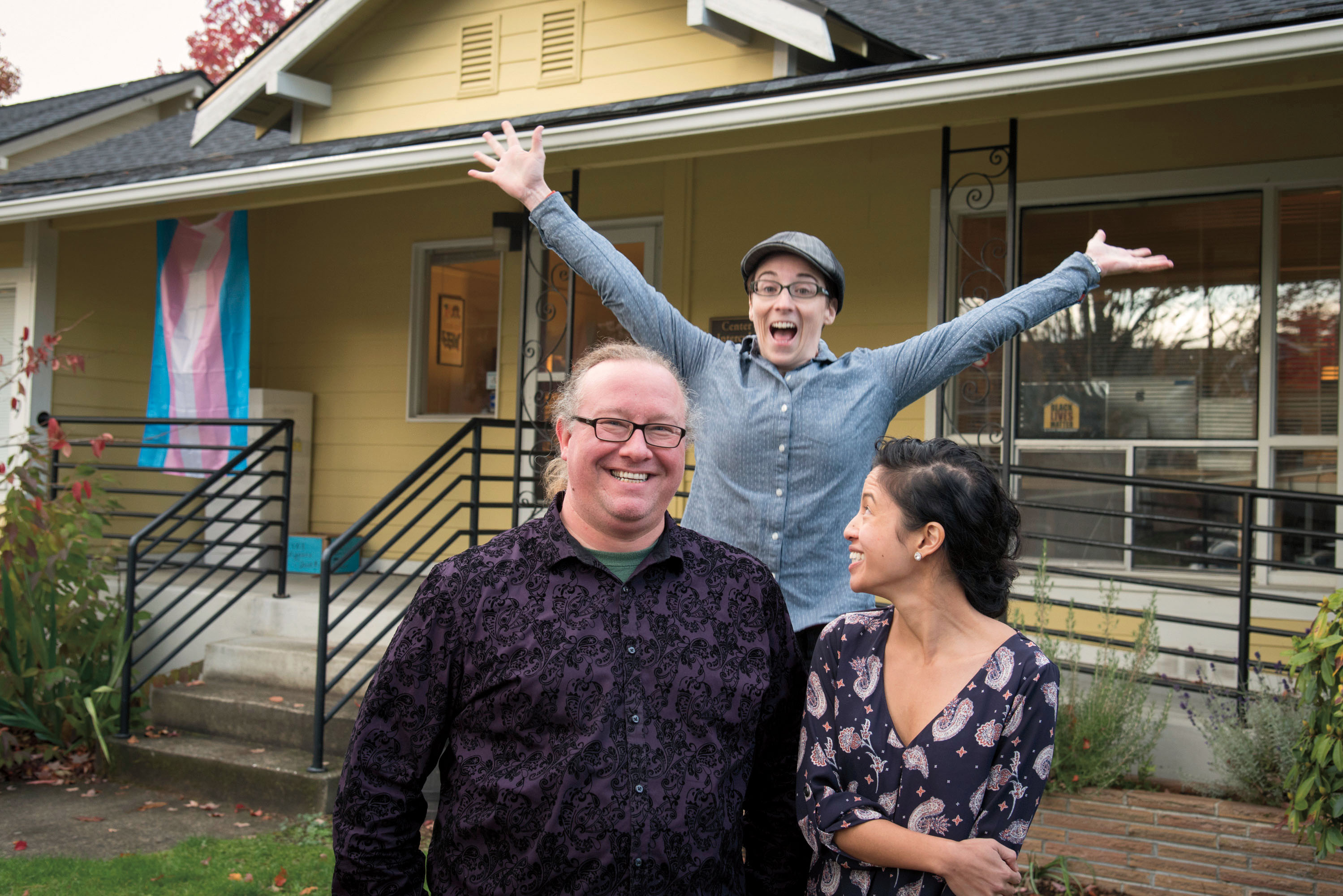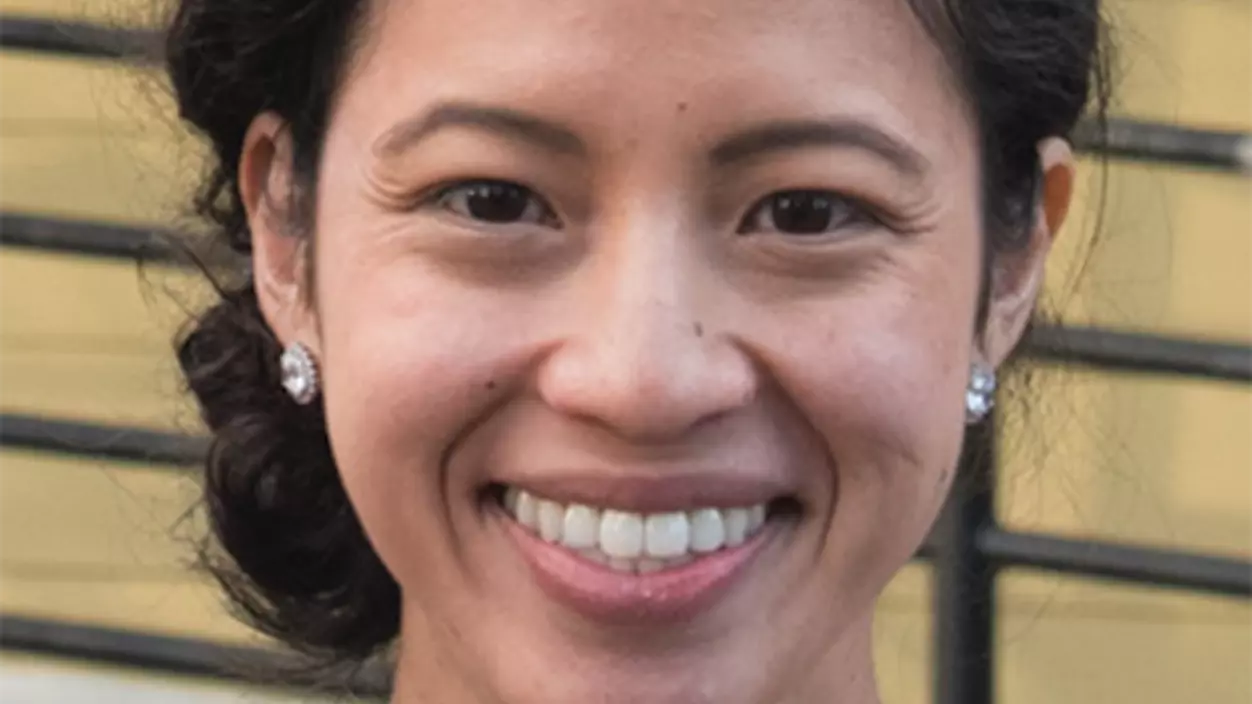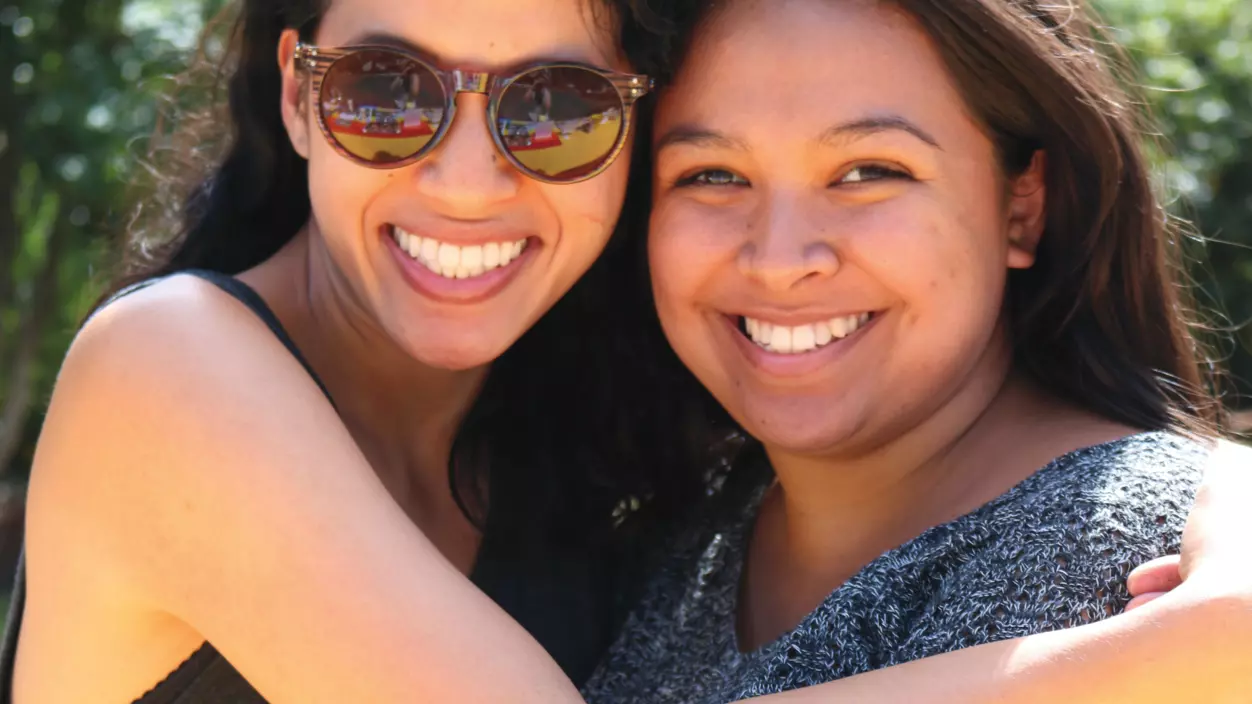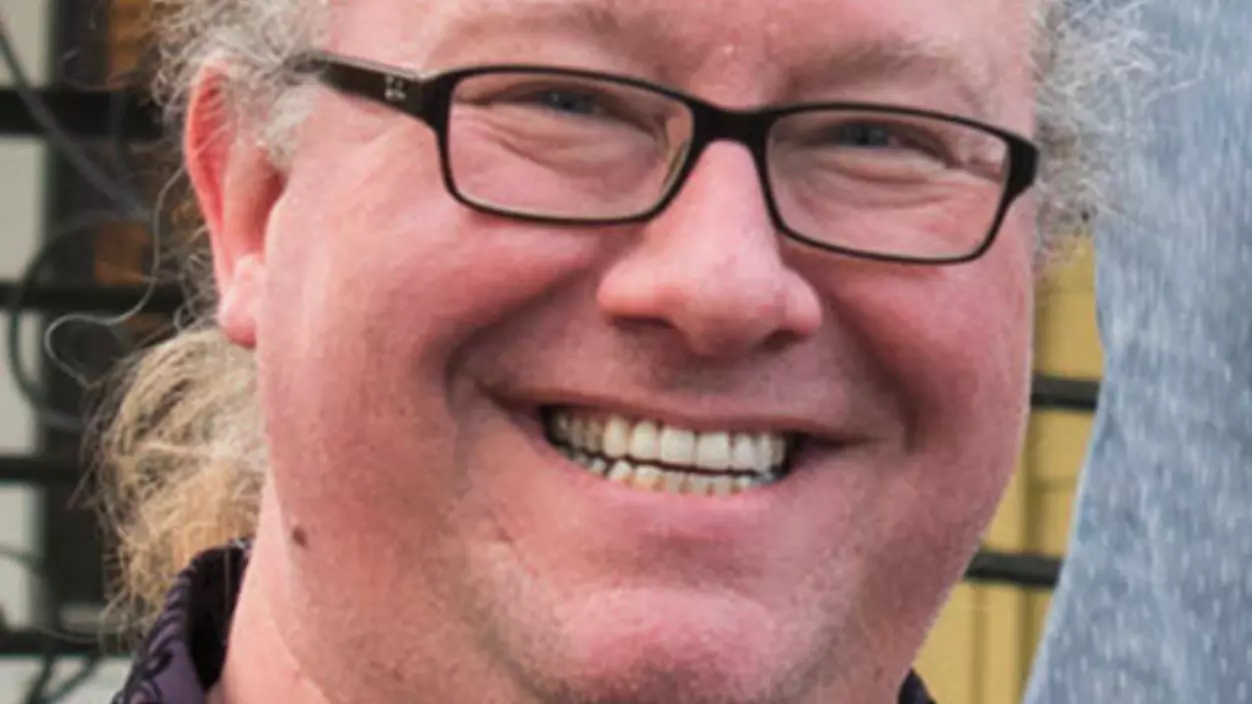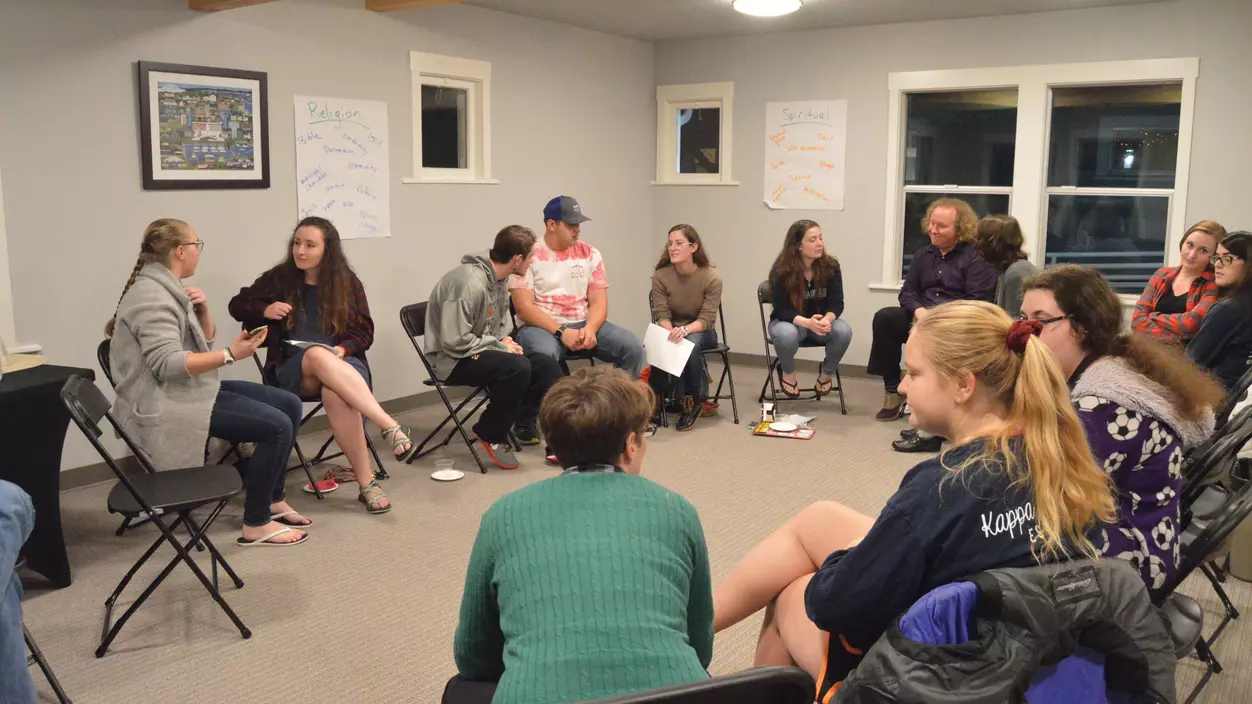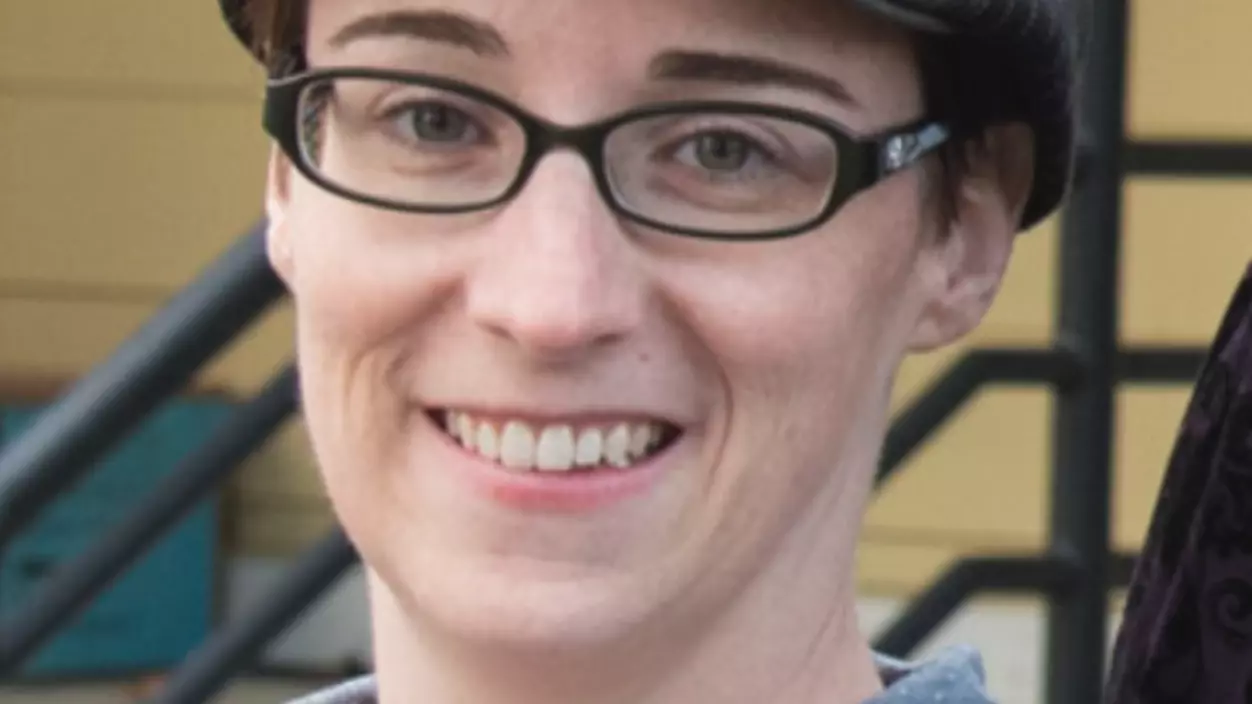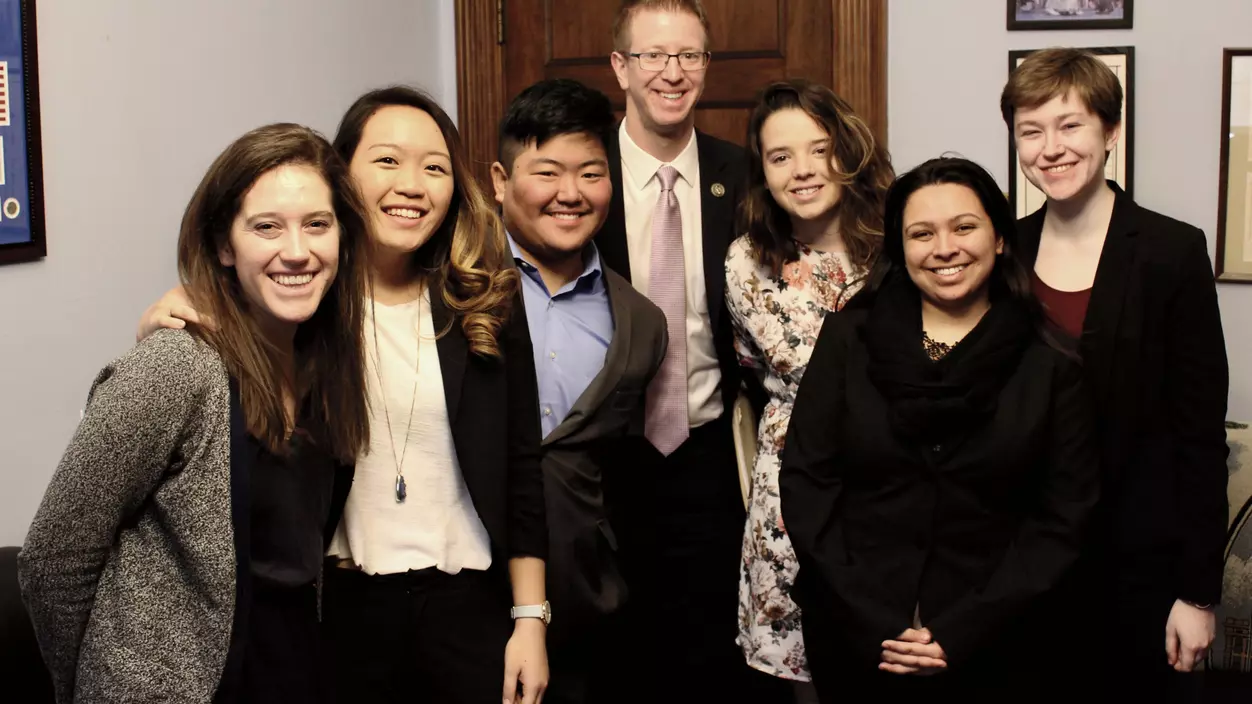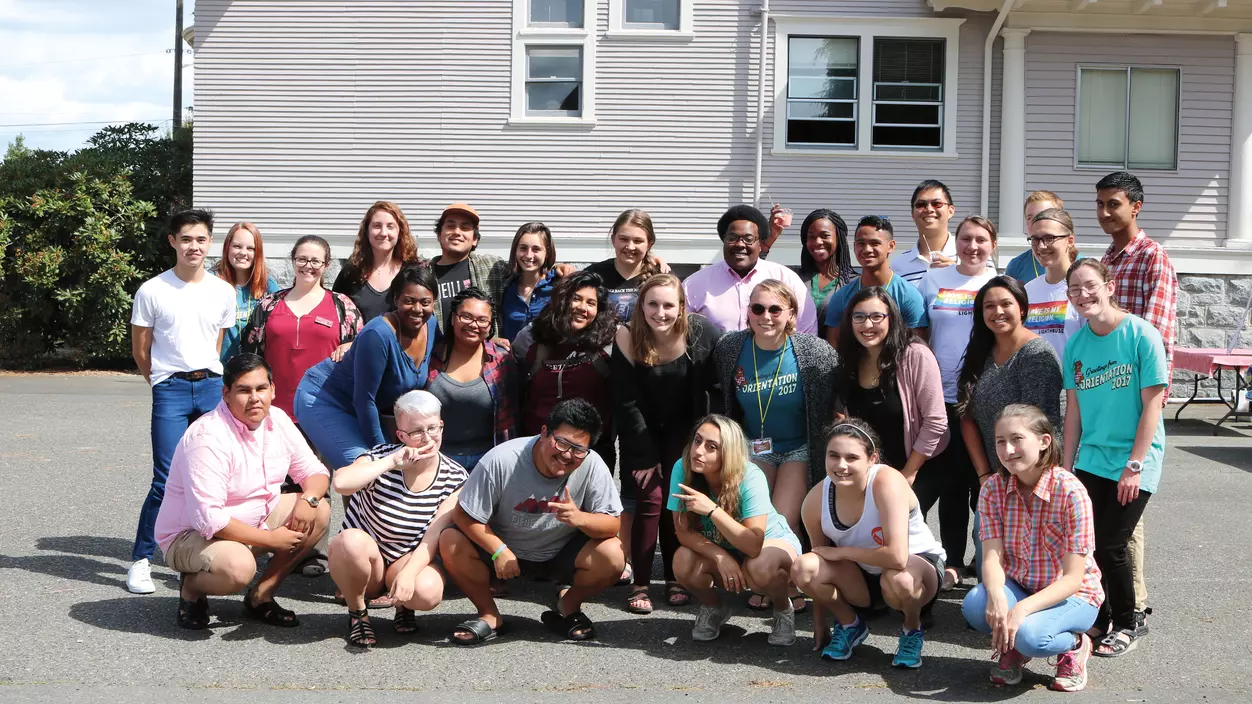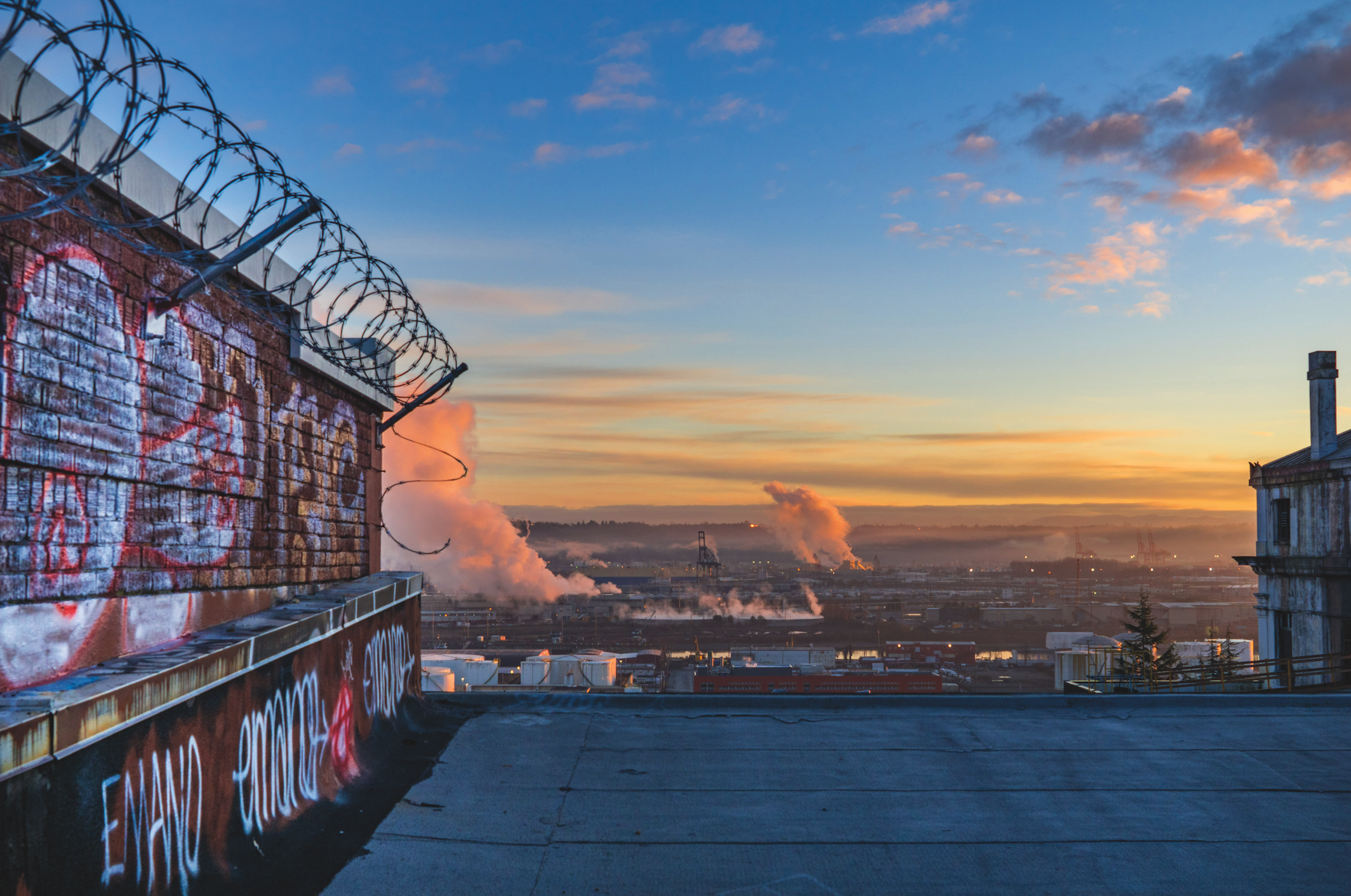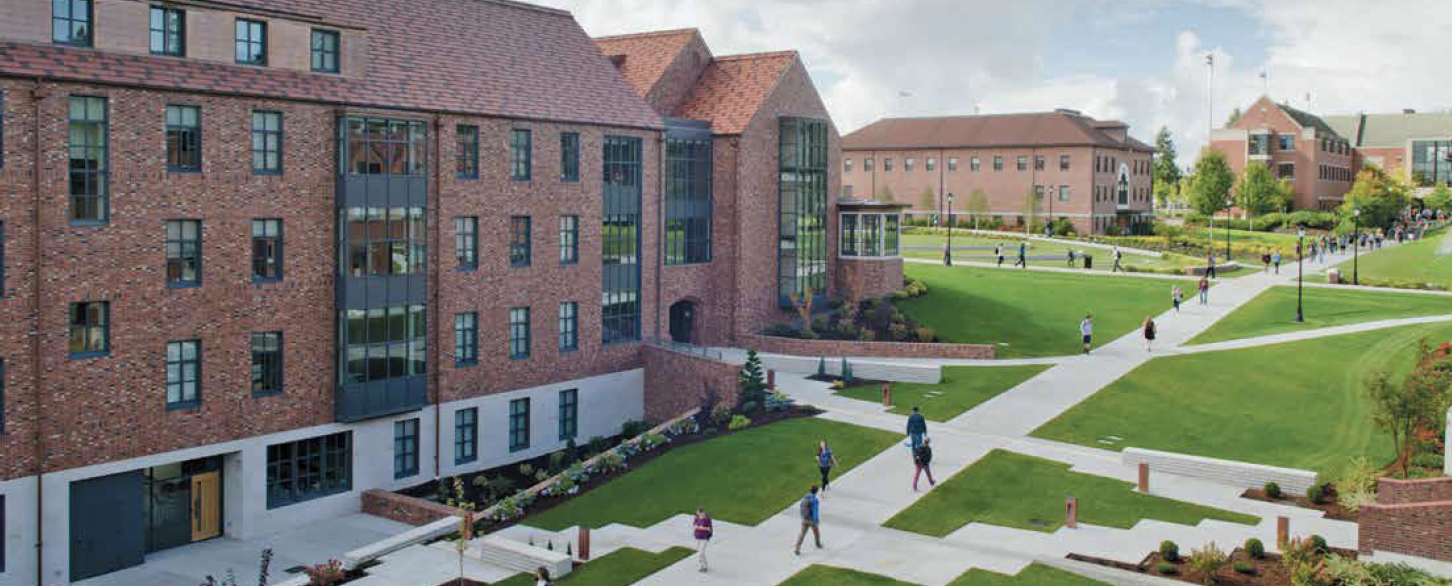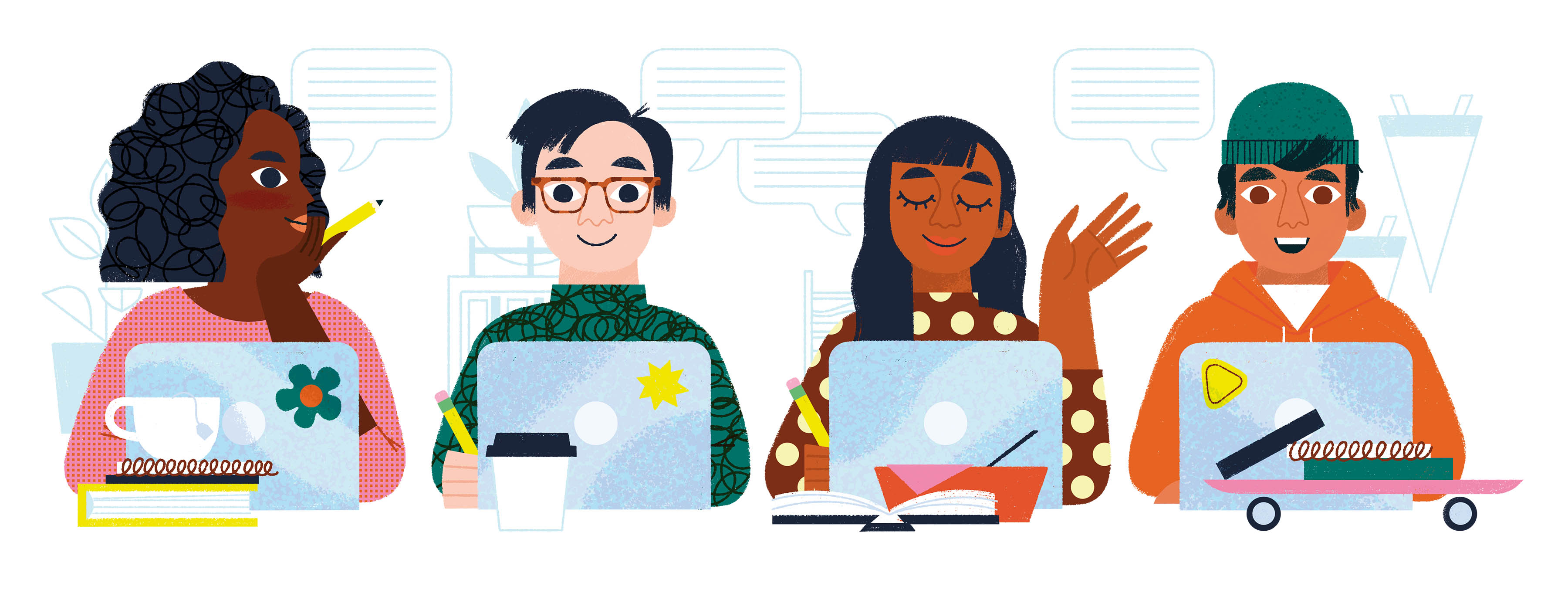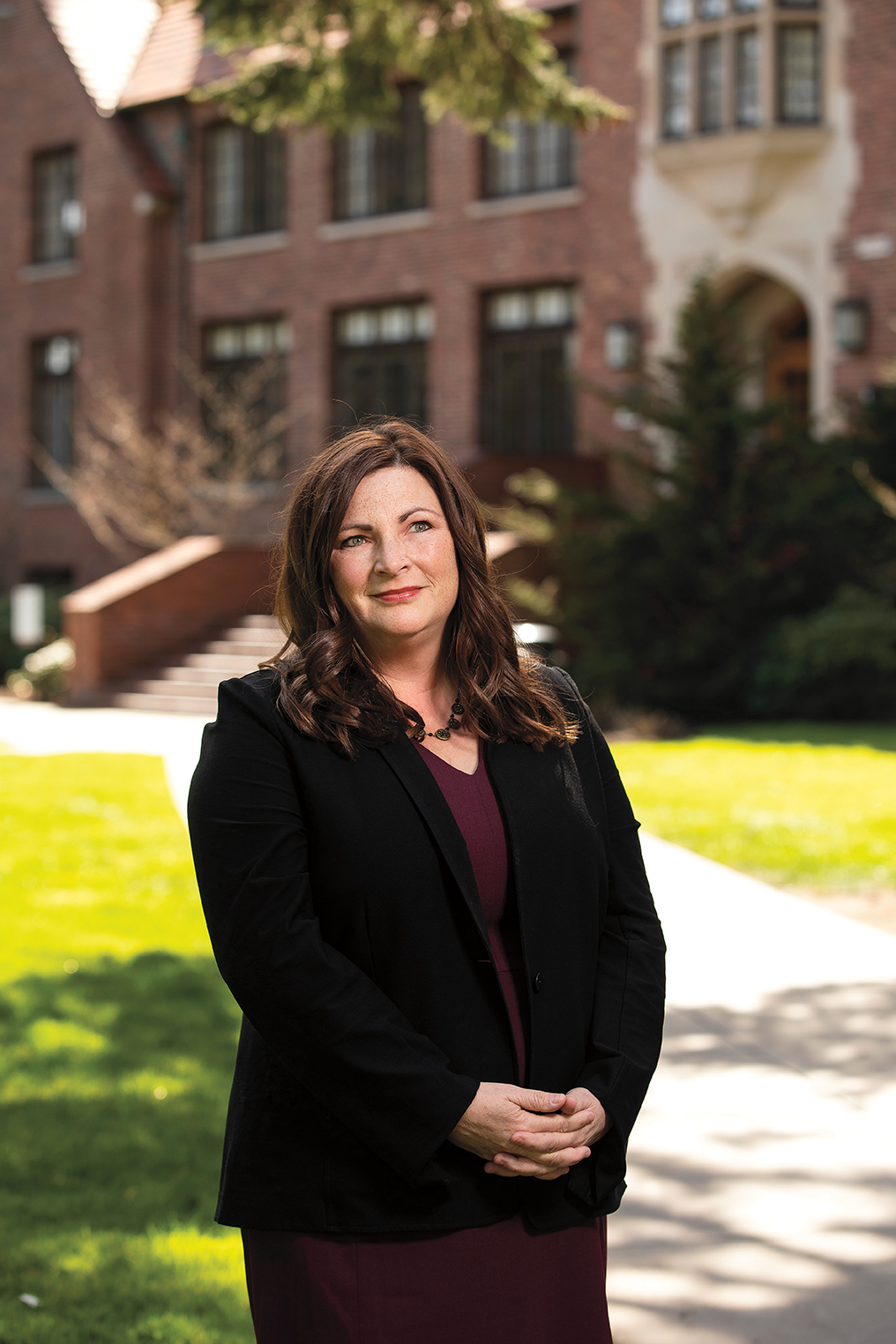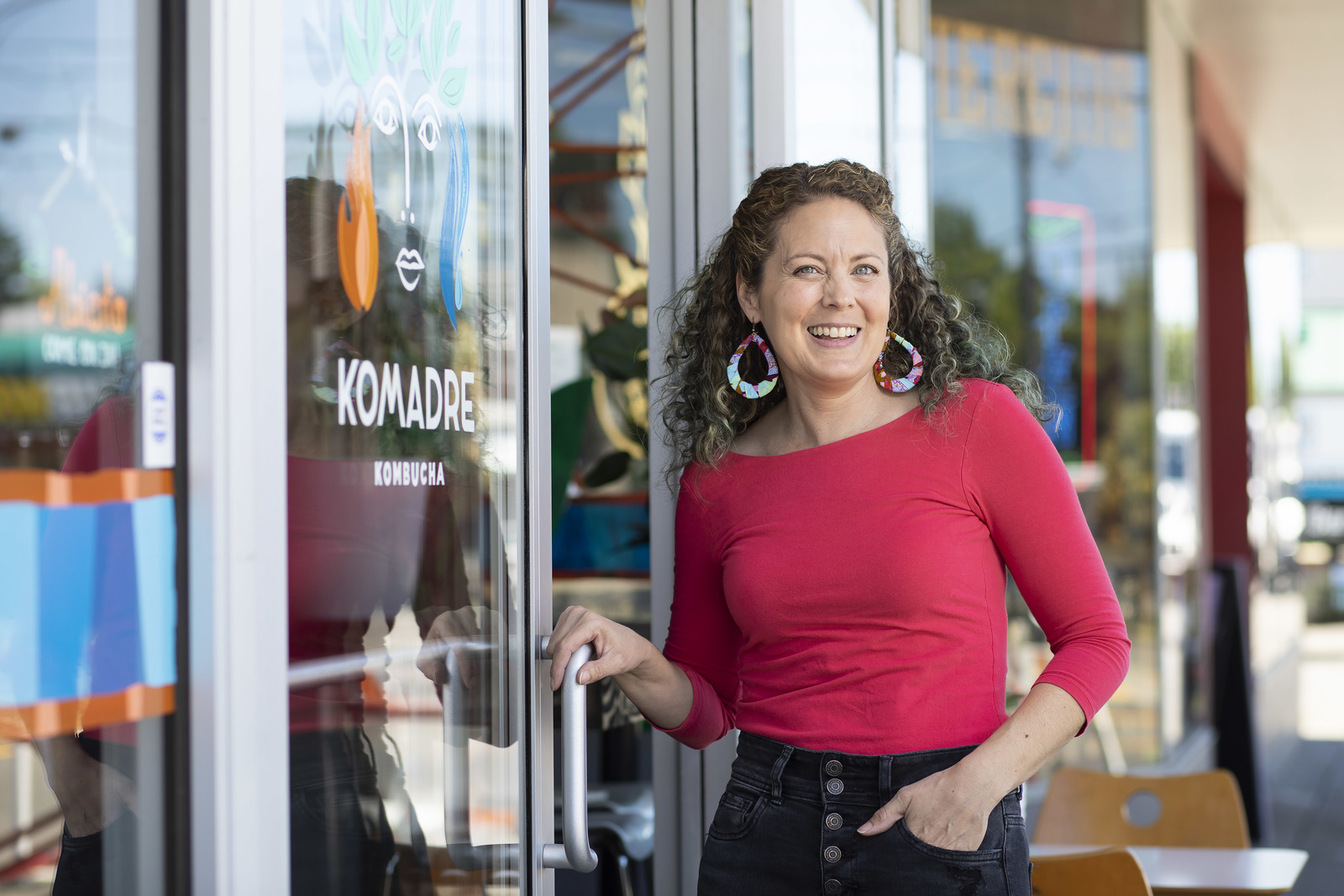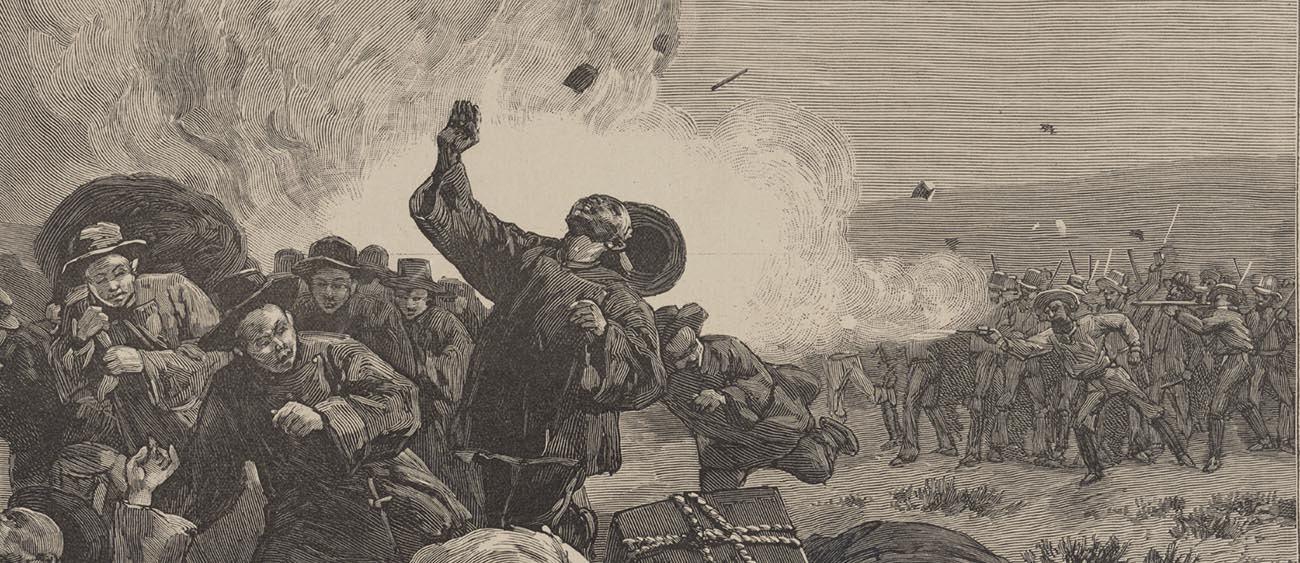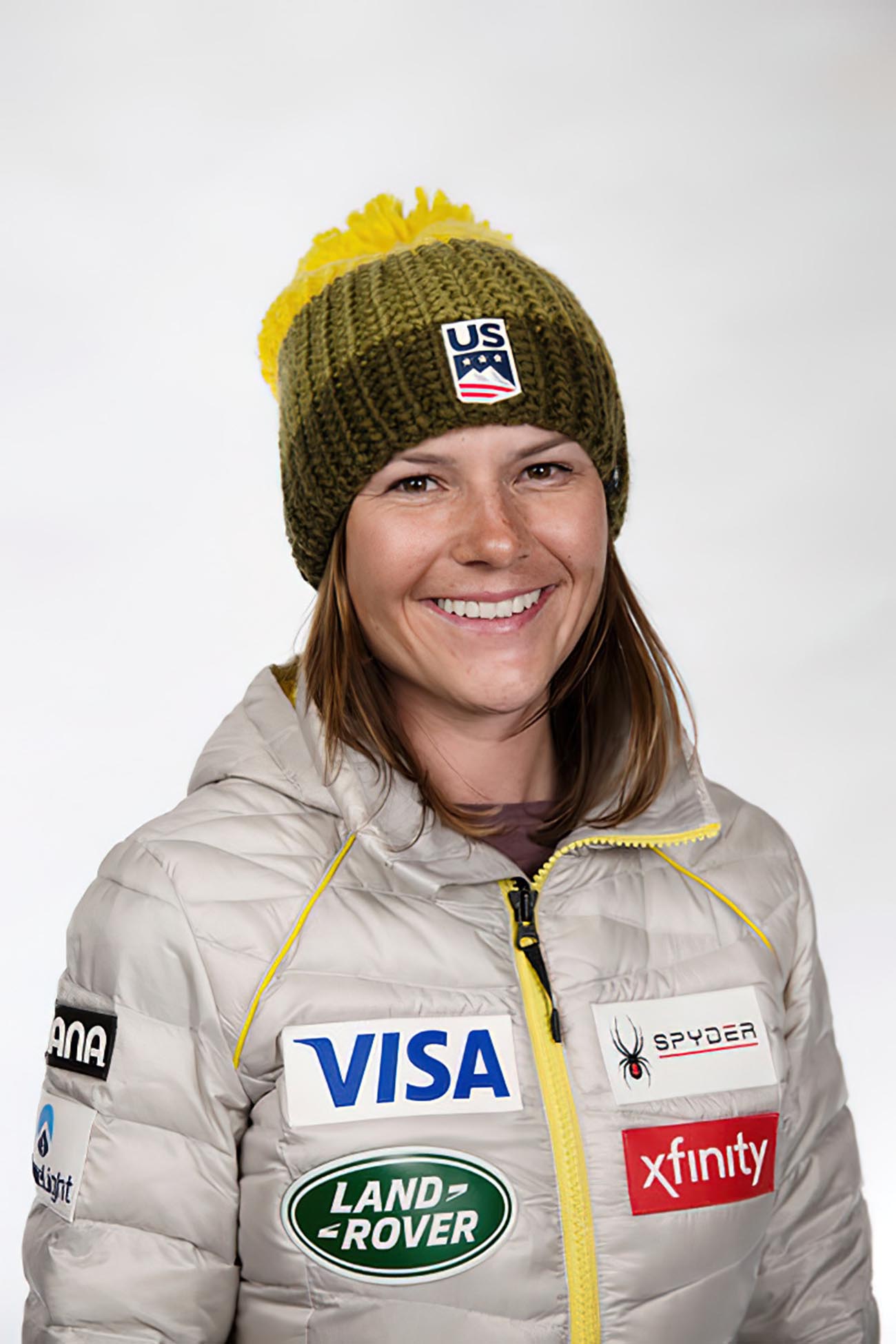Samantha Scott ’17 worked with Skylar at the Yellow House for three years when she was a student, as the youth programs coordinator. “When I showed up for training, I knew that racism existed, and homophobia and sexism existed,” she says. But as a white, cisgendered woman, “I didn’t understand how all systems of oppression worked together to benefit me yet drastically impact others.”
“Thinking about whiteness and white privilege was not something she’d done a ton of,” Skylar says of Sam. But soon enough, Sam was diving deep into all the difficult conversations. She and a friend had started what they called a “working group” in their sorority to address diversity and equity issues within the Greek system. And by her senior year, Sam was a facilitator of the peer-to-peer workshops on equity and inclusion at the Yellow House.
As graduation approached, Sam worried that her impending status as an entry-level employee at Seattle Children’s Hospital wouldn’t afford her enough influence or power to continue the work of equity and inclusion in her workplace. But in her first month as a clinical research associate, she surprised herself. She organized a book club for her department, selecting Between the World and Me , the book-length letter Ta-Nehisi Coates wrote to his son about what it’s like to be a black man in America.
“We were able to have honest and open conversations about racism in this country and how it impacts the children and families we work with,” Sam says. “I knew that it made a difference, because one of my colleagues said, ‘I never thought about our world like this before. I am giving this book to everyone I know.’”
In that moment, Sam realized that she carried her experience at the Yellow House with her—and she was able to share it. After the well-received book club, she felt empowered to encourage conversations about participant recruitment and eligibility in her lab’s studies.
“As leaders, we are told that we have a responsibility,” Sam says. “The Yellow House taught me how to best live out that responsibility. I look forward to a lifetime of fighting the good fight to make our world a little better. A little bit more inclusive. A little bit more just. If enough of us can do that, then I think we might see some big changes.”
Seeing the ripple effects in stories like Sam’s can’t help but encourage Vivie, Dave, and Skylar—even on days when the work feels too big for one little yellow house on a quiet side street.
Margot Kahn is the author of Horses That Buck: The Story of Champion Bronc Rider Bill Smith and co-editor of the anthology This Is the Place: Women Writing About Home. She lives in Seattle.
